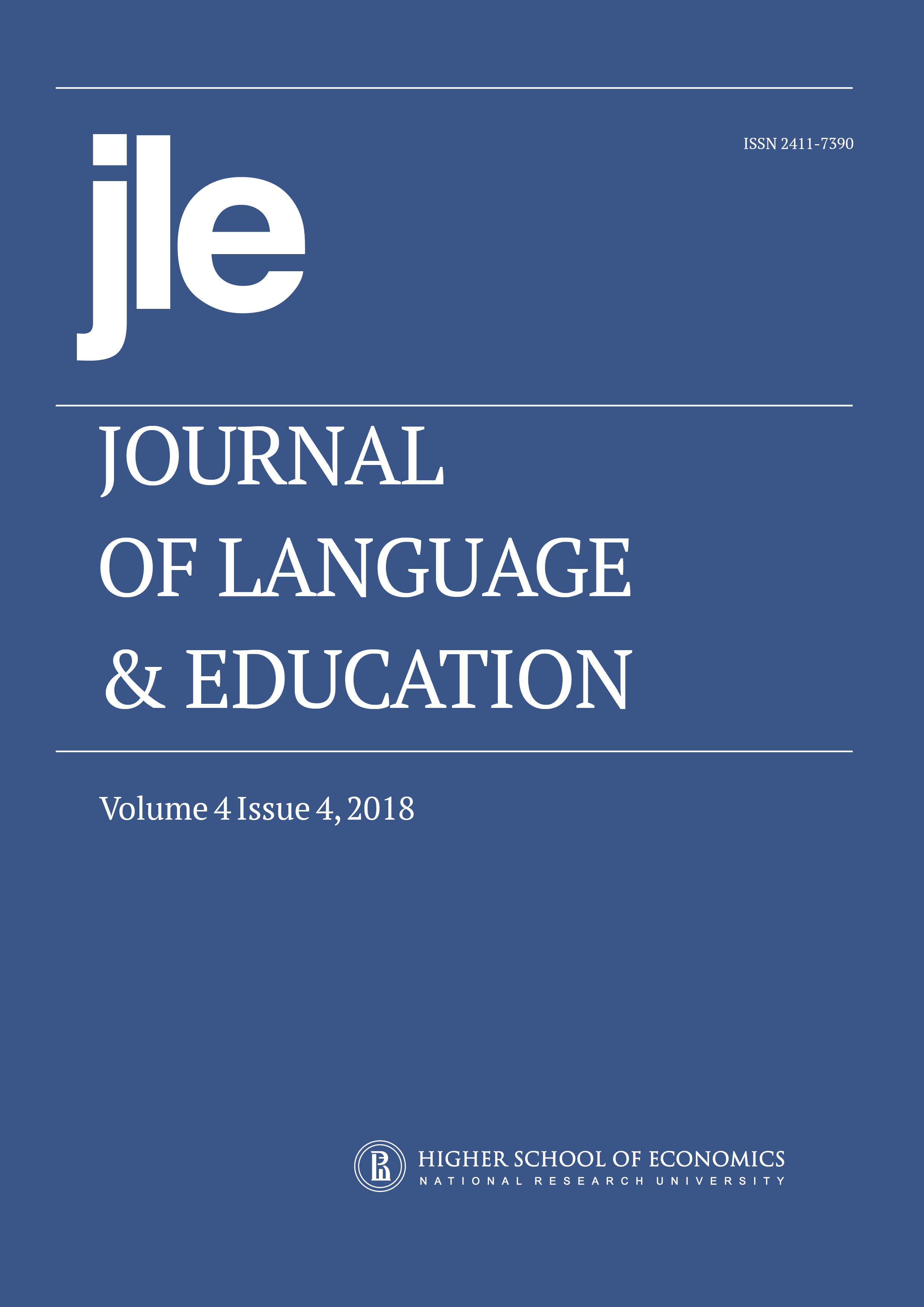Родной язык детей турецких иммигрантов в Берлине: быть или не быть?
Аннотация
турецкий языкКак двуязычные турецкие дети развивают собственные знания родного языка в немецких детских садах и с какими трудностями они сталкиваются? На эти вопросы мы пытаемся ответить. С этой целью было проведено исследование компетенций турецких детей из Берлина, Германия. В общей сложности 40 детей разделили на две группы от 3 до 6 лет, которые дважды в год проходили тест TEDIL. Тест состоит из картинок и измеряет знание турецких существительных, глаголов, прилагательных, предлогов и синтаксиса. Все дети прошли индивидуальное тестирование носителем турецкого языка и исследователем. Тестирование проводилось в детском саду. Результаты показали, что знания обеих возрастных групп по различным грамматическим категориям на турецком языке были одинаковыми при первом проведении тестирования, не было выявлено статистических различий. Однако во время проведения второго тестирования группа детей старшего возраста показала снижение знаний грамматических категорий на родном языке. В данной работе рассматриваются факторы, повлиявшие на регрессию в знании турецкого языка. Данное исследование является одним из немногих, посвященных двуязычным турецким детям, где представлена новая информация о потере родного языка детьми дошкольного возраста, обсуждаются причины и формулируются рекомендации о необходимости сотрудничества детских садов и семей с тем, чтобы предотвратить потерю родного языка с самого раннего возраста, и повысить уровень влияния на когнитивное развитие двуязычных детей.
Скачивания
Авторы, публикующие статьи в журнале, соглашаются с условиями политики авторских прав.



